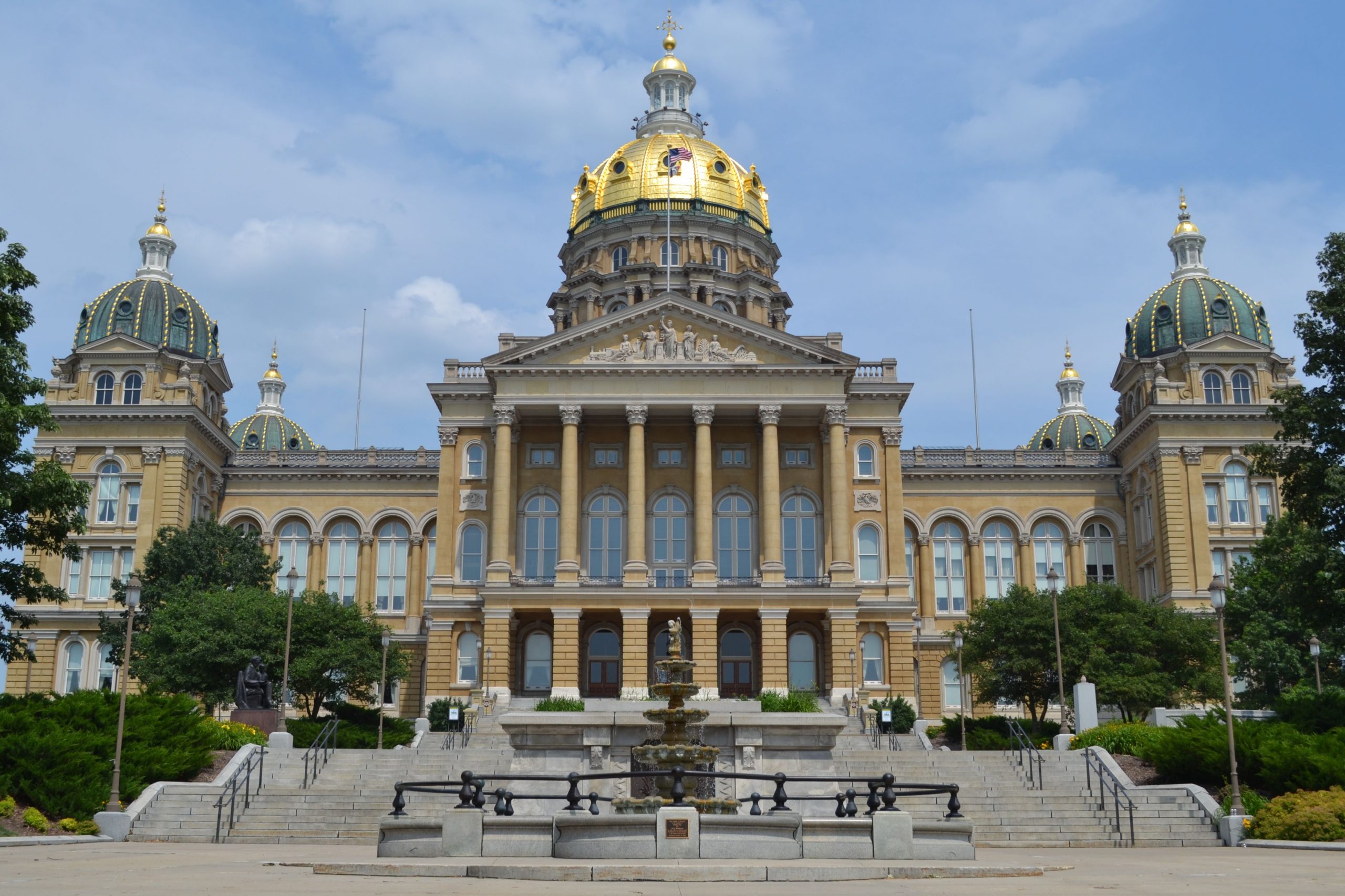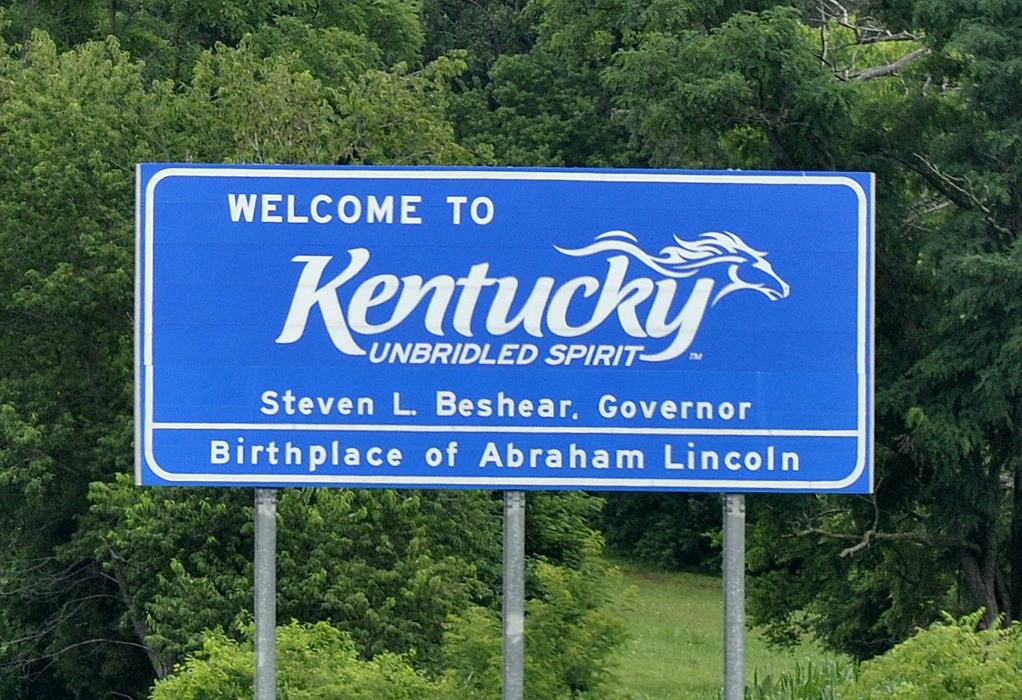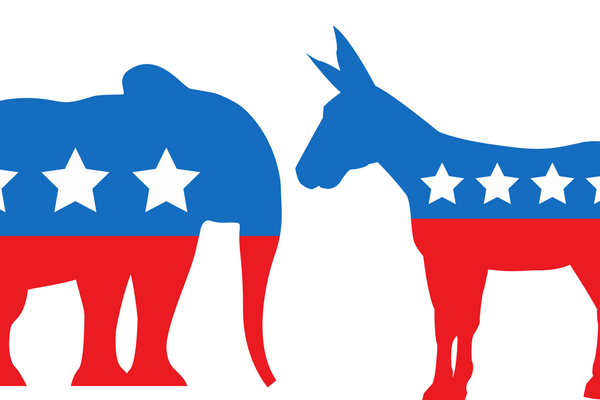Tag: state senate
-
Election legislation roundup: Iowa State Senate

As of Feb. 19, Ballotpedia has tracked one election-related bill in the Iowa State Senate since the beginning of the year. Democrats sponsored the bill. The bill is: IA SF271: A bill for an act relating to the conduct of elections, including the recounting of ballots, the mailing of absentee ballots, and in-person absentee voting, Sen.…
-
Chambers Armstrong wins Kentucky State Senate District 19 special election

A special general election took place for Kentucky State Senate District 19 on Feb. 21, 2023. Cassie Chambers Armstrong (D) won the special election with 77% of the vote to Misty Glin’s (R) 22.9%. The special election was called after Senate Minority Leader Morgan McGarvey (D) left office to represent Kentucky’s 3rd Congressional District on…
-
Habush Sinykin and Knodl advance from Wisconsin State Senate District 8 special primary

A special primary election was held for Wisconsin State Senate District 8 on Feb. 21, 2023. Representative Jodi Habush Sinykin ran uncontested in the Democratic primary, while Rep. Janel Brandtjen, Rep. Daniel Knodl, and Van Mobley competed in the Republican primary. Knodl advanced to the general election after receiving 57.4% of the vote to Brandtjen’s…
-
How state Senates determine term lengths after redistricting
Most of the time, redistricting changes where a district is. But it can also change when incumbents must stand for re-election. This is most commonly the case in state senates, where senators often serve varying term lengths or staggered terms, meaning only a certain number of districts are up for election each cycle. Senators in…
-
Special election preview: Kentucky State Senate District 19

The special general election for Kentucky State Senate District 19 is on Feb. 21, 2023. Cassie Chambers Armstrong (D) and Misty Glin (R) are competing in the special election. The filing deadline to run passed on Jan. 3. The special election was called after Senate Minority Leader Morgan McGarvey (D) left office to represent Kentucky’s…
-
Special primary preview: Wisconsin State Senate District 8

The special primary for Wisconsin State Senate District 8 is on Feb. 21, 2023. Jodi Habush Sinykin (D), Janel Brandtjen (R), Daniel Knodl (R), and Van Mobley (R) are competing to advance to the special general election scheduled for April 4. The filing deadline to run passed on Jan. 3. The special election was called…
-
Rouse, Adams running in Jan. 10 special election for Virginia State Senate District 7

Aaron Rouse (D) and Kevin Adams (R) are running in the January 10, 2023, special general election for Virginia State Senate District 7. The special election was called after the previous incumbent, Sen. Jennifer Kiggans (R), resigned on November 15, 2022, after being elected to represent Virginia’s 2nd Congressional District. Rouse, a former NFL player,…
-
54.10% of state legislatures are Republican, 44.32% Democratic

At the end of September 2022, 54.10% of all state legislatures in the United States were Republicans, while 44.32% were Democrats. There are 7,383 state legislative seats in the country. Republicans controlled 62 chambers, while Democrats held 36. The Alaska House of Representatives is the only chamber organized under a multipartisan, power-sharing coalition. Democrats held…
-
All candidates for Missouri State Senate District 26 complete Ballotpedia’s Candidate Connection survey

Both of the candidates running in the November 8, 2022, general election for Missouri State Senate District 26 — John Kiehne (D) and Ben Brown (R) — completed Ballotpedia’s Candidate Connection survey. These survey responses allow voters to hear directly from candidates about what motivates them to run for office. Eighty-eight of the country’s 99 state…
-
Sen. Kevin Priola joins Democratic Party

Colorado Sen. Kevin Priola announced that he was leaving the Republican Party and would register as a Democrat on Aug. 22. Priola belonged to the Republican Party since 1990. Priola was elected to District 25 on Nov. 8, 2016, as a Republican. He previously represented District 56 in the Colorado House of Representatives from 2009…

